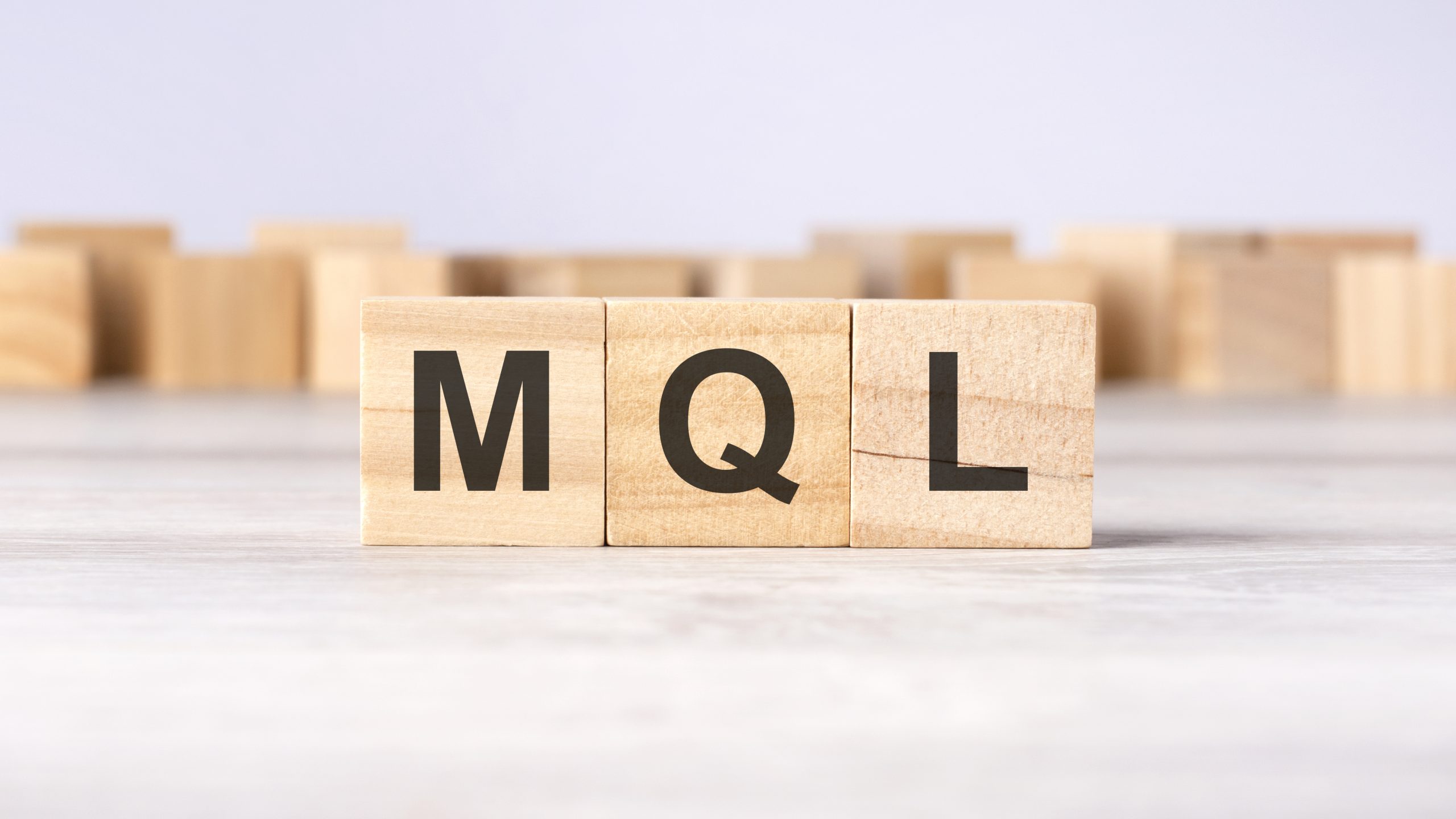Introduction to MQL
Marketing Qualified Leads (MQLs) are the cornerstone of modern marketing and sales strategies. They represent potential customers who have shown a significant level of interest in your products or services but aren’t ready to make a purchase yet. By nurturing these leads, businesses can turn interest into action, ensuring long-term growth and success.
This article will explore what makes MQLs so valuable, how to identify and nurture them, and their role in optimizing marketing efforts.
Understanding Marketing Qualified Leads (MQL)
What is an MQL?
An MQL is a lead that has engaged with your business in a way that suggests they are more likely to become a customer than other leads. Engagement can range from downloading an eBook to attending a webinar or subscribing to your newsletter.
MQL vs. SQL: Key Differences
MQLs and SQLs (Sales Qualified Leads) are often confused, but they serve distinct roles in the sales process:
- MQLs: Have demonstrated interest but require more nurturing before being ready to purchase.
- SQLs: Are ready to engage with the sales team and potentially close a deal.
How MQL Fits into the Sales Funnel
The sales funnel begins with broad lead generation and narrows as prospects move from awareness to interest, decision-making, and purchase. MQLs are the bridge between initial interest and direct sales engagement, making them a pivotal part of the funnel.
Characteristics of an MQL
Behavior and Engagement Metrics
MQLs often:
- Open and click through marketing emails.
- Spend time on specific product pages.
- Engage with your brand on social media.
Demographics and Firmographics
Targeted criteria, such as job role, company size, or geographic location, often distinguish MQLs. Understanding these helps tailor messaging to resonate with prospective customers.
How to Identify an MQL
Key Tools for Identifying MQLs
- Customer Relationship Management (CRM) Systems: Tools like Salesforce help track engagement.
- Marketing Automation Platforms: HubSpot and Marketo provide automated solutions for identifying and categorizing leads.
Metrics to Track
Metrics such as website visits, content downloads, and social media engagement are key indicators of a marketing-qualified lead.
The Role of MQL in Marketing Strategy
Why MQLs Are Crucial for Effective Campaigns
By focusing on MQLs, businesses can:
- Increase efficiency in lead generation.
- Align marketing and sales efforts for better collaboration.
How to Integrate MQLs into Overall Strategy
Create campaigns that target specific customer pain points and interests. Use data-driven insights to improve targeting accuracy.

Examples of MQLs in Action
B2B vs. B2C Applications
In B2B marketing, MQLs often result from actions like requesting a demo, while in B2C, subscribing to a newsletter or following social media channels may qualify a lead.
Case Studies of MQL Success Stories
For example, SaaS companies often use gated content to attract high-value MQLs, which they nurture through personalized email campaigns.
Qualifying Leads: The Process
Common Methods for Lead Qualification
- Behavioral Scoring: Tracking engagement levels.
- Demographic Scoring: Evaluating fit based on company criteria.
Automated vs. Manual Qualification
Automation saves time but should be supplemented with manual oversight to ensure lead quality.
Effective MQL Nurturing Tactics
Email Marketing
Personalized drip campaigns keep MQLs engaged and move them closer to conversion.
Content Personalization
Dynamic content tailored to user preferences increases relevance and engagement.
Retargeting
Using retargeting ads ensures MQLs remain aware of your brand.
Key Tools for MQL Management
CRM Systems
Platforms like Zoho and Salesforce are essential for tracking and nurturing leads.
Marketing Automation Platforms
Marketo and HubSpot offer features like automated email workflows and detailed analytics.
Benefits of Using AI in MQL Management
AI helps in predictive lead scoring and personalization, streamlining the lead management process.
The Relationship Between MQL and ROI
How MQLs Contribute to Revenue
MQLs generate higher ROI by focusing on leads with a higher likelihood of conversion.
Metrics for Measuring ROI from MQLs
- Conversion Rates.
- Cost per Acquisition (CPA).
Challenges in MQL Management
Over-qualification and Lead Leakage
Not all MQLs convert; over-qualification can waste resources, while poor handoff processes can lead to lead leakage.
Aligning Sales and Marketing Teams
Close collaboration ensures leads are nurtured effectively and handed off at the right time.
Optimizing MQL Campaigns
A/B Testing
Experiment with subject lines, CTAs, and messaging to identify what resonates with your audience.
Analytics for Campaign Success
Use tools like Google Analytics and Adobe Analytics to monitor performance and optimize strategies.
MQL Metrics to Monitor
- Cost per MQL: Measure the expense of acquiring a qualified lead.
- Conversion Rate to SQL: Track the percentage of MQLs that transition to the next stage.
- Engagement Rate: Monitor interaction levels to assess interest.
Future Trends in MQL Management
AI and Predictive Analytics
AI will continue to revolutionize how businesses identify and nurture MQLs, offering enhanced personalization and efficiency.
Evolving Consumer Expectations
With consumers demanding more tailored experiences, businesses must stay agile and responsive to shifting behaviors.
FAQs on MQL
A Marketing Qualified Lead (MQL) is a prospect who has shown interest in a company’s products or services but isn’t yet ready to make a purchase. The primary purpose of an MQL is to bridge the gap between general audience engagement and direct sales outreach. By identifying MQLs, businesses can focus their marketing efforts on nurturing these leads through targeted content, email campaigns, and personalized interactions until they are ready to be handed off to sales as a Sales Qualified Lead (SQL).
The key difference between MQLs and SQLs lies in their readiness to make a purchase. MQLs have shown interest by engaging with marketing content—such as downloading eBooks, signing up for newsletters, or attending webinars—but they still require further nurturing to move down the sales funnel. SQLs, on the other hand, have demonstrated a stronger intent to buy, often through direct inquiries, product trials, or high-value interactions, making them ready for direct sales engagement. Ensuring a clear distinction between the two helps align marketing and sales teams for higher conversion rates.
Managing MQLs effectively requires robust marketing automation and CRM (Customer Relationship Management) tools. Popular platforms like Salesforce, HubSpot, Marketo, Pardot, and ActiveCampaign allow businesses to track lead behavior, automate nurturing workflows, and score leads based on engagement levels. These tools help segment MQLs, personalize communication, and analyze performance metrics, ensuring that only the most promising leads move to the next stage in the sales funnel.
While MQLs are crucial for a successful marketing strategy, several challenges can arise, including:
+ Over-qualification – If marketing teams set low qualification criteria, too many leads may be labeled as MQLs, leading to wasted resources.
+ Lead leakage – Without proper follow-up strategies, MQLs can lose interest and drop out of the funnel.
+ Misalignment between marketing and sales – If marketing defines MQLs differently from sales, it can lead to friction and lost opportunities.
+ Lack of engagement – If MQLs aren’t nurtured with relevant content and touchpoints, they may never progress to SQL status.
Addressing these challenges requires collaboration between marketing and sales teams, data-driven decision-making, and continuous optimization of lead qualification criteria.
To improve MQL campaigns and drive better conversions, businesses should:
– Use A/B testing – Test different subject lines, messaging, CTAs, and content formats to identify what resonates best with leads.
– Leverage personalization – Implement dynamic content, segmented email campaigns, and AI-driven recommendations to tailor interactions to each lead’s needs.
– Utilize lead scoring – Assign scores based on lead behavior, such as website visits, downloads, and email interactions, to prioritize high-value prospects.
– Analyze performance metrics – Track conversion rates, engagement levels, and drop-off points to refine marketing strategies.
– Ensure strong sales-marketing alignment – Regular communication between teams ensures that MQLs are properly nurtured and handed off at the right time.
Absolutely! Small businesses benefit from MQL strategies because they allow for better resource allocation and higher ROI on marketing efforts. Rather than spending time and money chasing unqualified leads, small businesses can focus on high-potential prospects who have already shown interest. By using cost-effective marketing automation tools and targeted campaigns, small businesses can build meaningful relationships with MQLs and convert them into loyal customers over time.
Conclusion
Marketing Qualified Leads are a vital component of any effective marketing and sales strategy. By identifying, nurturing, and managing MQLs effectively, businesses can ensure sustainable growth and achieve higher ROI. Leveraging advanced tools, aligning teams, and keeping up with trends are essential steps for success.
For more insights on MQL strategies, visit BeeBuzzMarketing.

